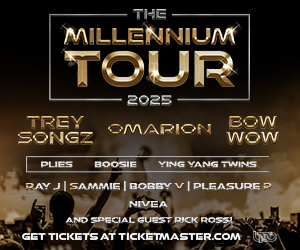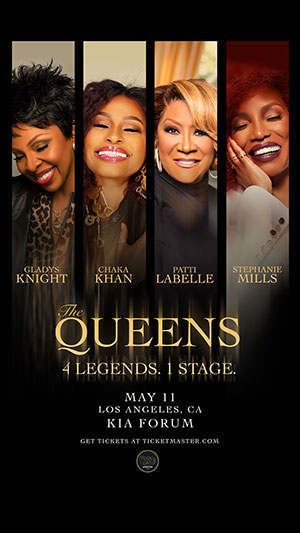
(NEW YORK) — President Joe Biden and Donald Trump return to the debate stage Thursday for the first time in four years — but this time under a significant new set of rules.
ABC News spoke with experts on how that could help — or hurt — each candidate — and what difference it could make for American voters watching the showdown.
The two rivals will face off in a studio at CNN’s Atlanta headquarters in prime time on Thursday for the first presidential debate of the 2024 election.
While it won’t be the first time Biden and Trump have gone toe-to-toe on policy (the two sparred twice in 2020) it will look a lot different from debates past because of the guidelines established by CNN and agreed upon by both campaigns.
The candidates’ microphones will be muted unless it’s their turn to speak. There will be no live studio audience to react to zingers or other “moments” during the 90-minutes, a first since the 1960 debate between John F. Kennedy and Richard Nixon.
There will be two commercial breaks, though Trump and Biden won’t be able to consult with their teams during them. The candidates are not allowed any props or prewritten notes, and will only be given a pen, paper and water.
A CNN coin flip won by Biden means he will stand at a lectern on the the right-side of the stage while Trump will be on the left, though Trump will get the last word by delivering his closing statement second.
Overall, experts told ABC News the rules could make for a more substantive, issue-focused debate rather than the raucous personal attacks and talking over each other that defined the first Biden-Trump matchup.
Still, they said there is more than enough room for the buzzy theatrics that have defined modern presidential debates.
“Despite the fact that these rules are pretty strict, we’re going to see some fireworks,” Brandon Rottinghaus, a professor of political science at the University of Houston, told ABC News.
“How will Joe Biden handle a kind of off-the-leash Donald Trump? How bold will Trump be?” Rottinghaus said. “This is really a clash of personalities, and as much as it was in 2020, I think you’ll see those factors as important in this debate as any other.”
Many of the debate conditions were set out by the Biden campaign when it challenged Trump last month to participate in two debates before November. The campaign posted a video baiting Trump to agree, which he and his team did almost immediately.
Several experts said they believe the format will in fact benefit Biden.
“I can’t think of a better scenario for Joe Biden,” said presidential historian Douglas Brinkley. “Whereas, Trump plays better in front of a crowd. A shut-off microphone for Trump with no audience seems to me a demotion from his grandiose campaign style.”
Mitchell McKinney, director of the University of Missouri’s Political Communication Institute, agreed that the various rules “really do play into Biden’s advantage.”
Trump’s bombastic style made for memorable moments in the 2016 cycle when he lashed out at his Republican primary opponents and later lurked behind Democratic nominee Hillary Clinton.
The first 2020 debate between Biden and Trump spiraled into near-constant interruptions and candidates speaking at the same time. At one point, Biden turned to Trump and told him, “Will you shut up, man?”
Some microphone muting was implemented for their second and final debate, which turned out to be more civil.
There are still questions about how CNN’s rule about microphone muting will work in practice on Thursday.
Biden and Trump will be given two minutes to answer questions posed by moderators Jake Tapper and Dana Bash, followed by one-minute each to respond and rebut. A red light will warn each candidate he has five seconds remaining. When their allotted time is up, the light will turn solid red. It’s unclear if a candidate’s microphone will be cut off if he’s still speaking.
It also remains to be seen whether the speaking candidate’s microphone will pick up efforts to interrupt by his opponent — even though that candidate’s mic would be muted.
“The attempt to control that, I think, is a good thing,” Alan Schroeder, a professor emeritus of journalism at Northeastern University who has written several books about presidential debates, told ABC News. “I don’t know in practice how that will work.”
Some experts said the more subdued setting could be good for Trump in that it could rein in some of his more inflammatory conduct — which was not popular with viewers in 2020.
“There’s a risk that no audience could make Trump look and act more like a normal candidate,” said Rottinghaus. “If there was an audience, he would definitely ham it up and would play to them, which oftentimes leads him astray.”
The CNN debate will be the first of two debates this cycle, and marks the earliest debate in U.S. history. The second will be hosted by ABC News on Sept. 10.
“I think it’s going to be an historic and epic debate,” Brinkley said. “The fact is that with Trump and Biden, it’s the first time ever that we’ve had two people that have been president going at each other.”
Copyright © 2024, ABC Audio. All rights reserved.




